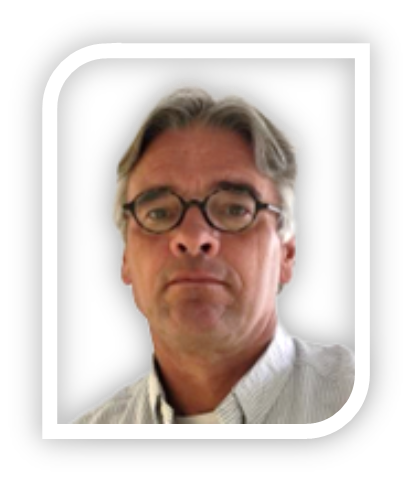|
FIRED HEATER / COMBUSTION TECHNOLOGY |
| Schedule | Date | Time | PDH | Venue/Platform | Cost | Register |
|---|---|---|---|---|---|---|
| Fall 2024 | TBD | 8:00 AM – 5:00 PM Central Time (UTC -6) |
24 hrs. | Sheraton North Houston at George Bush Intercontinental Accepts in-person and virtual attendees |
US$4,500 |
|
Description:
Upon completion of this course, participants will be able to:
|
| Outline: | ||||
|
|
|
||
| Instructors: | |

|
Keith Austin has over 30 years’ experience in refinery operations, based on his long-term career with Shell Oil Company, Deer Park Refinery/Chemical Complex and as an independent consultant. His experience is focused on fired heaters and included research and development as well as large capital improvement projects related to fired equipment. Mr. Austin has provided operations support for over 65 process heaters and 7 large flares in a refinery, olefins and chemical plant as well as supporting hundreds of thermography inspections and heater improvement activities across North America. He has also participated in startup of a new power station which included two 1250 psi boilers, two steam turbine 50 MW generators, de-mineralized water and condensate treatment, cooling water system and associated equipment.
|

|
Belal Hassoun, P. Eng is a seasoned professional with over 25 years of experience in the oil and gas industry, specializing in fired equipment engineering. He has a track record of success in various roles, ranging from working in vendor, owner/operator, and EPC positions, as a Design Engineer, Sr. Fired Equipment Engineer, Package Engineer and a Consultant. Belal’s expertise spans a wide range of areas, from standardizing engineering work practices to resolving complex technical issues during commissioning and start-up activities.
Throughout his career, Belal has led/participated in numerous projects, including a high-profile FAIR at Kuwait’s KNPC Shuaiba Refinery and the evaluation of a new ferrule system in a Sulphur Recovery Unit. Belal’s contributions have resulted in significant cost savings and operational improvements for his clients, earning him a reputation as a pragmatic problem solver and effective leader. Belal holds a Bachelor’s degree in Chemical Engineering from the University of Calgary and continues to pursue personal, professional, and technical development through ongoing education and training. He is known for his collaborative approach, high-performance team development, and commitment to delivering results that contribute to the organization’s bottom line. |

|
Cor Sinke BSc brings over 36 years of experience at Shell, specializing in combustion technology and fired equipment. With a BSc in Mechanical Engineering from Technical University Amsterdam, he has excelled in R&D, technical support, and refinery operations. As Shell’s principal engineer for fired equipment, he is a Subject Matter Expert in control and safeguarding (EN-746-2, NFPA) and heater mechanical design (API-560), with Technical Authority TA/2 for all fired equipment.
His expertise includes start-up and commissioning of 40+ furnaces, design and troubleshooting of two-phase flow heaters, and consultancy for energy saving and emission control in refineries worldwide. An accomplished lecturer, he has led over 20 Combustion Processes training courses. His recent roles include Principal Consultant for fired equipment and combustion at EPS Customer Solutions, NL, and various positions at Shell Global Solutions, Amsterdam, and Kuala Lumpur. |
Download Course Content
PDF
Discounts:
Becht offers the following discounts on Public Training:
The highest applicable discount will be applied; discounts are not additive.
- Early Registration – A 10% discount is to be provided when you register 30 days before the start date of the training.
- Group Rate – A group discount is applied when you send three or more people from your organization to the same course and provide a single payment.
- Yearly Commitment Discount – A 25% discount when you prepay for a minimum of 10 participants from your organization to any of the courses in the same year.
| No. of Registrants | Discount/Person | ||
|---|---|---|---|
| 3 | 10% | ||
| 4 – 6 | 20% | ||
| 7 and up | 25% |
Cancellation Policy:
Full refunds or course transfers are available 4 weeks prior to the class start date. Cancellations 2-4 weeks out are eligible for course transfers or a refund of 60% of the registration fee. Cancellations within 2 weeks of the class will not be eligible for a refund. For any inquiries, please email training01@becht.com.
